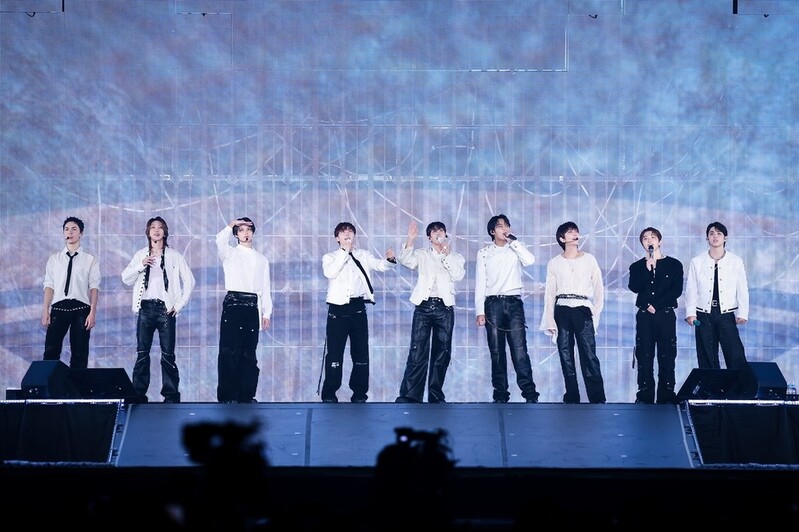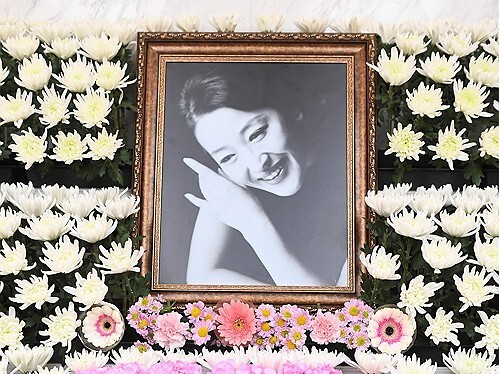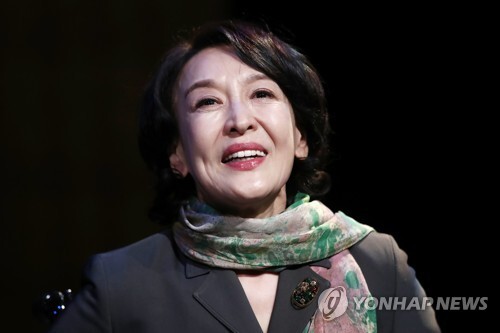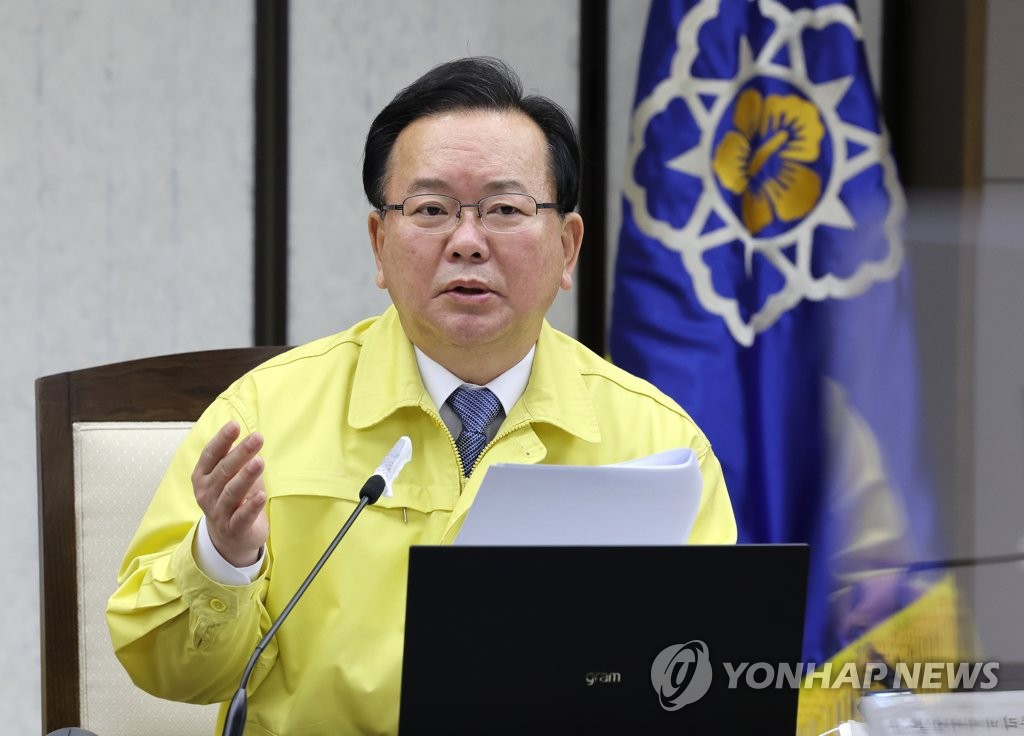 |
| ▲ Prime Minister Kim Boo-kyum speaks during a COVID-19 response meeting in Sejong on Feb. 16, 2022. (Yonhap) |
(2nd LD) govt-virus response
(2nd LD) Daily COVID-19 cases top 90,000: PM
(ATTN: ADDS more info in paras 2-3, 9-10)
By Joo Kyung-don
SEOUL, Feb. 16 (Yonhap) -- South Korea's daily COVID-19 cases surged to over 90,000, Prime Minister Kim Boo-kyum said Wednesday, as the country struggles to contain the spread of the omicron variant.
"I am sorry in many ways to people who have been cooperating," Kim said during a COVID-19 response meeting in Sejong. "But as we secured hospital beds in advance and expanded at-home treatments, our medical response system has had no problems so far."
Health authorities reported 90,443 new COVID-19 infections, sharply up from 57,164 the previous day, to hit another new high.
Kim also said the government will decide whether to adjust current social distancing rules Friday.
"We have to decide after considering both the spread of the omicron variant ... and damage to people's livelihoods coming from tightened antivirus curbs that have been around for more than two months," he said.
Currently, the cap on private gatherings is six people, and a 9 p.m. curfew is imposed on restaurants' and cafes' business hours nationwide.
Kim earlier hinted at easing distancing curbs in a way that can help pandemic-hit small businesses, but not cause further spread of the virus.
While focusing medical resources on high-risk patients, the authorities recently initiated an enhanced at-home treatment system and pushed for stable supply of self-test kits.
A ban on online sales of at-home test kits went into effect this week. They are only available at pharmacies and convenience stores, with the purchase of such kits restricted to five units per person.
"To put it clearly, we have enough test kits for February and March," he said. "There is no need to buy test kits in large quantities."
Starting next week, the government will supply free self-test kits to kindergartens, elementary schools and elderly care facilities to better protect people at high risk of infection.
But Kim said there seems to a misunderstanding among parents that students can go to school only if they test negative with self-test kits provided by the government.
"It is a measure to protect their health and alleviate the pressure of frequent testing," he said.
(END)
(C) Yonhap News Agency. All Rights Reserved







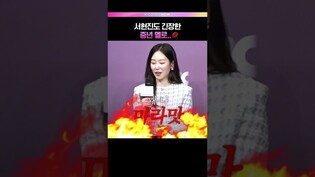
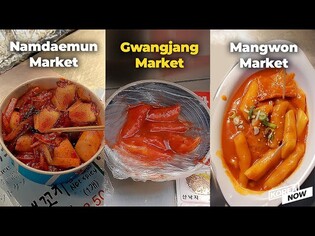




![[가요소식] 존박, 8년만 단독 콘서트 '꿈처럼' 성료](https://korean-vibe.com/news/data/20251222/yna1065624915961730_125_thum.jpg)



